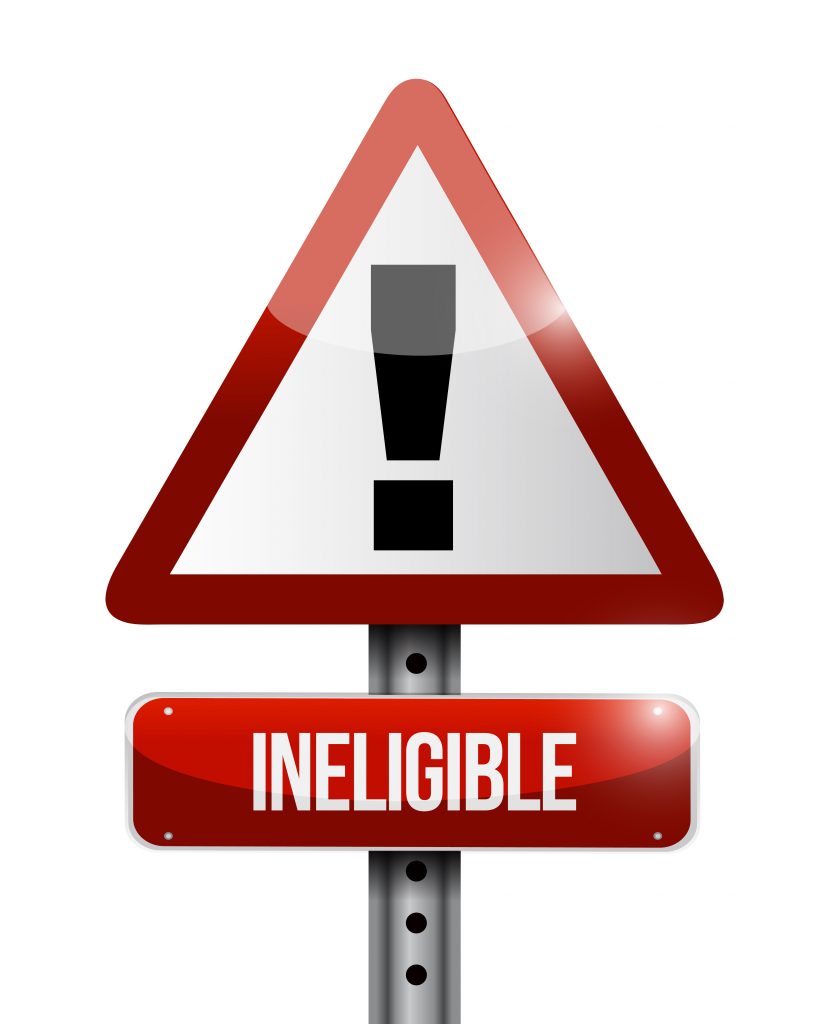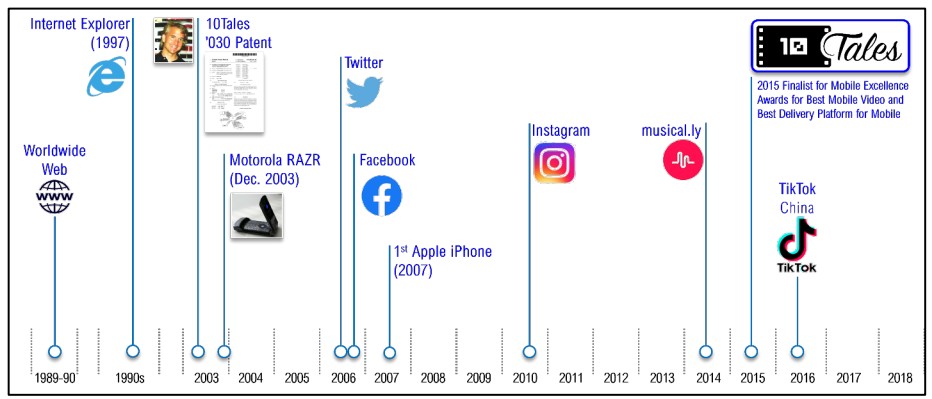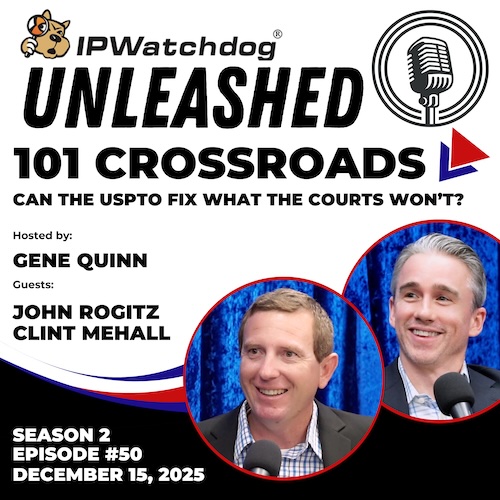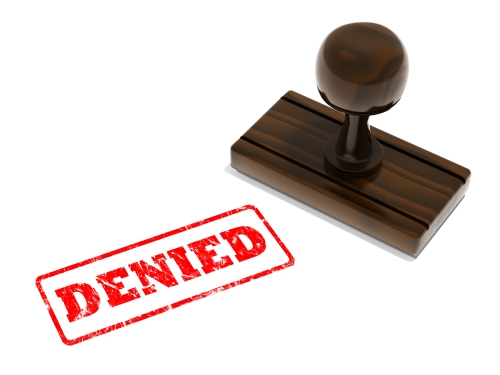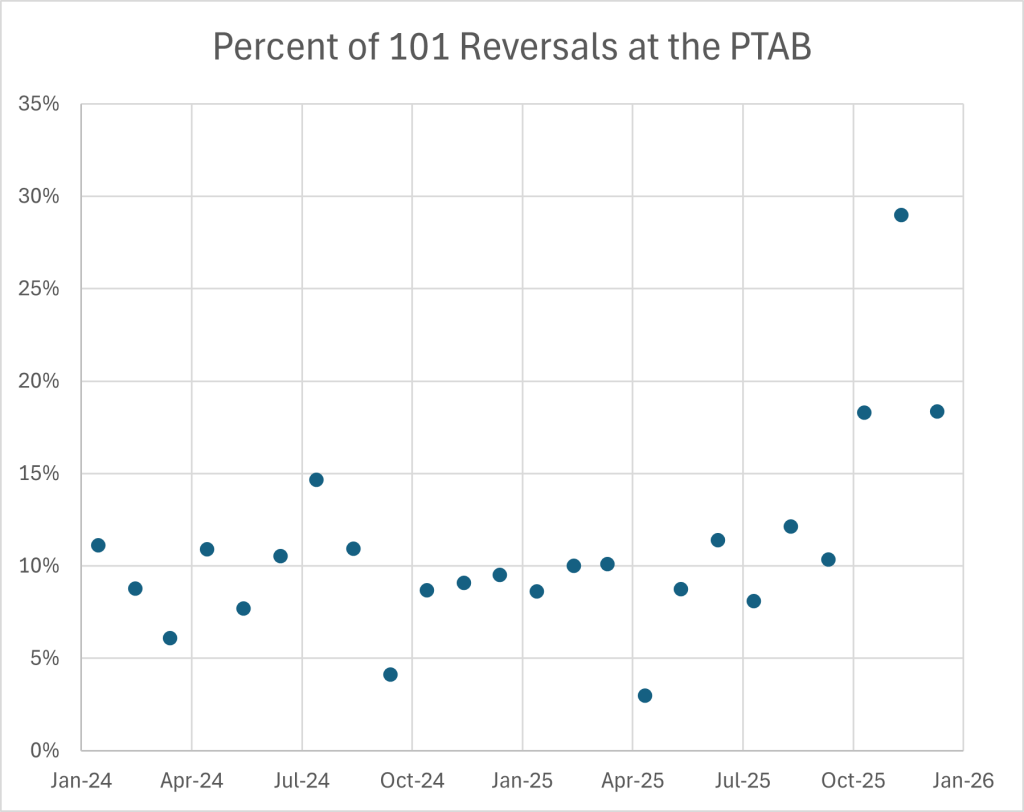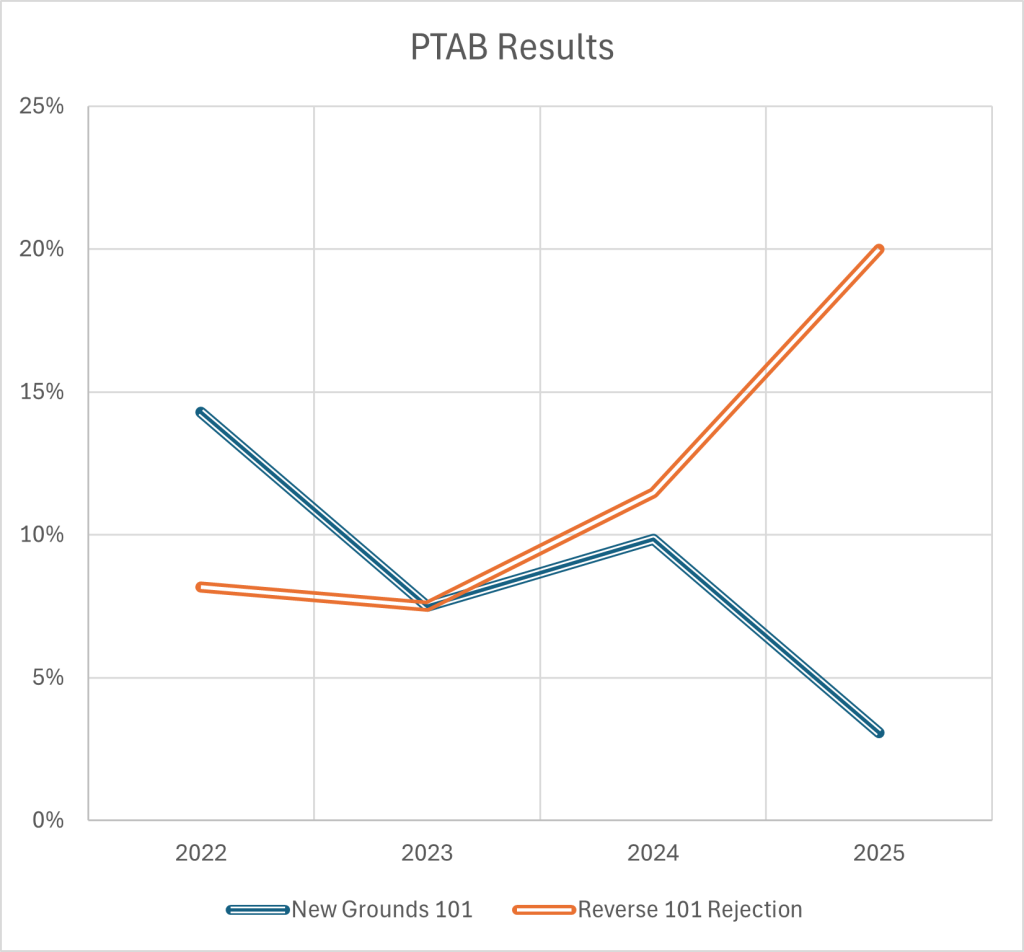#patent eligibility
#patent eligibility
[ follow ]
#patent-eligibility #federal-circuit #section-101 #uspto #ptab #uspto-policy #artificial-intelligence #ai-patents
#patent-eligibility
fromIPWatchdog.com | Patents & Intellectual Property Law
1 month ago
Intellectual property law
Other Barks & Bites for Friday, December 5: Tillis Blasts Lutnick Proposal on Government Share in Profits from Federally Funded Inventions; The Times Sues Perplexity AI; and USPTO Updates MPEP to Reflect Desjardins Decision
Intellectual property law
fromIPWatchdog.com | Patents & Intellectual Property Law
1 week agoLooking Forward to 2026: IP Predictions and Prospects for the Year Ahead
AI IP disputes will shift from training-input issues to output infringement and fair use, driving provenance-focused business practices and ongoing patent eligibility and policy battles.
fromPatently-O
2 months agoEmpty Formalism: How Patent Eligibility Lost Touch with Preemption
Conventional wisdom is that a good certiorari petition needs to show the legal error below and also show why the case is important and timely. The petition follows this dual framing strategy: (1) a doctrinal claim that the Federal Circuit has abandoned preemption as the touchstone of patent eligibility; and (2) a policy argument tied to what I think of as the "new great game" and what the Trump Administration calls "Winning the AI Race." The case also arrives at the Supreme Court as the USPTO has begun to move aggressively toward limiting its use of eligibility in patent prosecution.
Artificial intelligence
Intellectual property law
fromIPWatchdog.com | Patents & Intellectual Property Law
4 months agoWhat the New USPTO Memo on 101 Means for Patent Eligibility Rejections
USPTO guidance signals a more cautious approach to 35 U.S.C. 101 rejections, favoring applicants when claim scope is ambiguous and emphasizing claim interpretation order.
[ Load more ]
